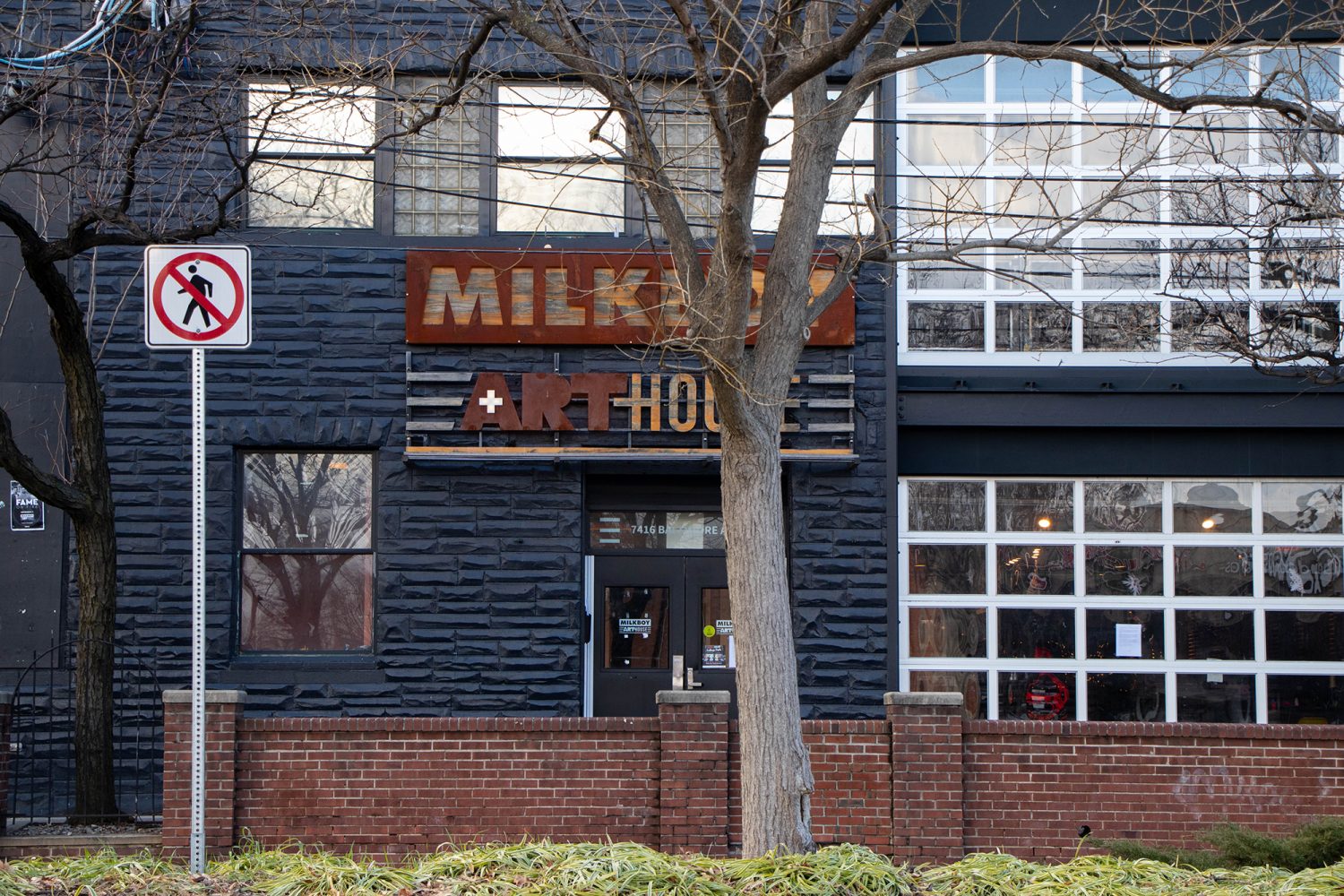Views expressed in opinion columns are the author’s own.
Students attend secondary education institutions to learn — not just in the classroom, but through exposure to unique experiences and perspectives. With the closing of MilkBoy ArtHouse, College Park has lost a vital institution dedicated to this enrichment. The consistent funding of high quality performances at University of Maryland campus venues shows how important arts are to the community. However, this city must promote quality small performance venues for students and residents alike.
MilkBoy’s departure has left a void in College Park — no, not that void — having been an intimate but professional music venue. Only a few years ago, in May 2017, MilkBoy opened in a longtime bar location along Route 1 as a collaboration between The Clarice Smith Performing Arts Center and MilkBoy, a Philadelphia-based music and entertainment company, in an attempt to bring the arts into the heart of the city’s downtown. Construction took over a year and the space’s design was, in part, aided and influenced by university students from the architecture school.
MilkBoy’s collaboration with The Clarice allowed the space to host a variety of informative speaker sessions, including what being a music critic means in a digital age, an audio engineer’s perspective on “making it” in the music industry, and even an event on music’s role in social change. Not only did MilkBoy provide enrichment through these speaker sessions, but the venue drew in big performers, who may otherwise go to larger venues in Washington, D.C. One recent example is electronic musician Marc Rebillet, who performed at MilkBoy in April 2019, then nearly sold out a performance at the 9:30 Club just a few months later.
The remainder of College Park’s off-campus venue list consists largely of beloved DIY venue The Void. While The Void undeniably provides a place for small groups and musicians to play and develop in an underground music scene, it doesn’t have MilkBoy’s atmosphere nor its potential to draw popular artists. By its nature as a small basement venue, The Void fails to provide a space large or professional enough for more mainstream choices.
It could be said that the newly developed multi-use space The Hall CP may bring some hope to Route 1. However, the promise of a venue alone does not amend a lackluster music scene without consistent management and bookings of both local and widely known musicians. If this venue does successfully run as promised, it appears to be geared more toward creating a community space rather than a place solely for concertgoers, featuring local musicians and speaker series.
That said, MilkBoy never quite fit the bill either. That may have been a side effect of its upscale feel; it served dishes toted as “elevated American comfort.” The venue originally proclaimed that it catered to a more “adult” experience as opposed to directly to students.
Perhaps a venue somewhere in the middle, between the spaces occupied by MilkBoy and The Void, might find success in College Park. Not too far into Washington, D.C., the Black Cat has lived on for 26 years, despite its gentrifying landscape driving away its main fanbase. The Black Cat’s original mission was to create a good concert venue which especially catered to underground music. Yet, it has remained successful for decades in booking bigger names in addition to smaller local musicians.
College Park should not be doomed to a lack of venues merely because it’s near D.C. The student and resident populations here should have their own venues without the late-night train ride into the nation’s capital. No matter what replaces MilkBoy, and whether or not this university funds a new artistic venture, a college town deserves a new concert venue that allows students and residents alike access to both professional and local musicians.
Lexie Werner is a senior English major. She can be reached at lexiew@terpmail.umd.edu.



